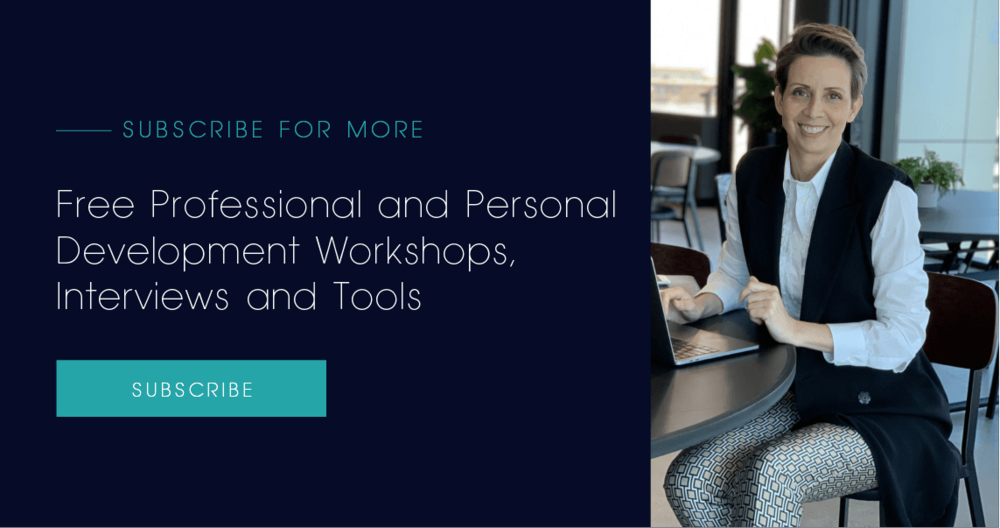Engagement Vs Commitment – Part 1.
Effective accountability conversations are near to absent in the workplace. In my experience it’s the area most leaders and managers are disempowered, no matter how experienced, intelligent or passionate they are.
One of the key reasons is that we’re trying to force a happy ending without creating a beginning, leaving everyone in hope that it will all turn out.
It’s like sitting down at the table to eat when the meal hasn’t been cooked yet.
The critical foundation of effective accountability conversations is agreeing expectations but it’s the step most people bypass. Doing these well makes the accountability conversations you, your managers and your teams are avoiding much easier and much less personal. It’s as simple as….
This is what I expect of you in this role/ on this project/ this week (insert your version).
This is why it’s important (be real, go deep, give them something to aspire to).
This is how we’re going to measure that.
Are these your expectations?
If not, what are your expectations?
“Tell me more about that..” is a classic comment to open up more dialogue for shared understanding.
If their expectations are vastly different to yours then dig a little deeper, find out where the miscommunication was so you don’t repeat it.
“How did you arrive at these expectations?”
“What did I miss that we’re on a different page here?”
In a space of trust, these conversations can be had regularly and quickly, and are an efficient way of keeping everyone on track.
Once expectations are clear between you, you’ve laid a solid foundation upon which you can then layer buy-in and engagement.
It’s a fair expectation that as paid employees, each member of your team will BYO buy-in; hopefully you’re also choosing people who are the right fit for the culture you are creating and the mindset and attitude you want.
However, it you want people to stretch beyond their comfort zones and follow you beyond their fears, frustrations and common resentments, learning how to inspire deeper buy-in or engagement is a nuanced skill of influence that’s worthy of development.
To unlock intrinsic motivation within our people, starting with ‘Why’ is the first step, but we need to go beyond that.
Dean Graziosi, successful entrepreneur, speaker and author, shares that to create engagement we need to go 7 levels deep.
I love this analogy.
Many organisations are now referring to Simon Sinek’s work ‘Start With Why’, but not many are experiencing the full benefit of this philosophy; the reason being that leaders and managers are stopping too soon.
If emotion equals energy in motion, then to inspire someone from within such that they want to give more of themselves to the organisation, to their role and their team, we need to go deeper, we need to find a way to connect with the emotion, the feeling that causes a human being to go beyond where they’ve been before.
Recently I was working with a management team on bringing their company vision alive, finding the meaning and translating it into their working day. They were clear on the vision but didn’t relate to it as their own and this disconnect showed up as a gap in ownership.
As we explored why the vision was important to each member of this team, we dug 7 levels deep to find out their real ‘Why’.
The first couple of ‘Whys’ for most people included being part of a successful team, enjoying success in their career, belonging to a group of like-minded people, pride in achievement and so on. But as we kept going, and people laughed uncomfortably at my insistence on digging further, a shift started to occur. Answers became more personal, voices started to change, and things were being shared about family, legacy and love.
One woman shared how important it was for her to be a role model for her daughters.
As each person shared their deeper ‘Why’, this team of managers became connected in a way that was clearly absent before. Understanding was created and trust was deepened.
A strong foundation for real and courageous conversations was being built. Not only could they now approach each other in new and meaningful ways when needing to have accountability conversations relating to their cross-functional work, their leaders could also help them tap into their intrinsic motivators when they next became challenged.
When they’re avoiding responsibility, when they’re not holding their people accountable, when they’re focused on Low Payoff Activities, when they’re procrastinating instead of innovating, you can have a conversation with them that reminds them of their personal and motivating ‘Why’.
It can sound something like this…
“Remember when you shared with me how important it is for you to achieve this goal? Remember when you said you wanted to be a role model for your daughters and show them that they can achieve what they want? Talk to me about that…”
Immediately you’ve reconnected them with a motivator more powerful than any promise or consequence you can offer up.
A short and intentional conversation that reminds them of what fuels their desire to be greater than they’ve been before. The conduit between their courage and the action they need to take to achieve the goal.
Mobilised by this internal inspiration, they want to…
Collaborate rather than complain
Have the difficult conversation with their direct reports
Ask for the business
Challenge a supplier to do better.
You have reconnected them with the new future they want, that they momentarily forgot when they were stopped by their fears, complaints and perceived limitations.
When we take the time to create engagement with our people by going 7 levels deep, it inspires energy and motion that otherwise remains untapped.



